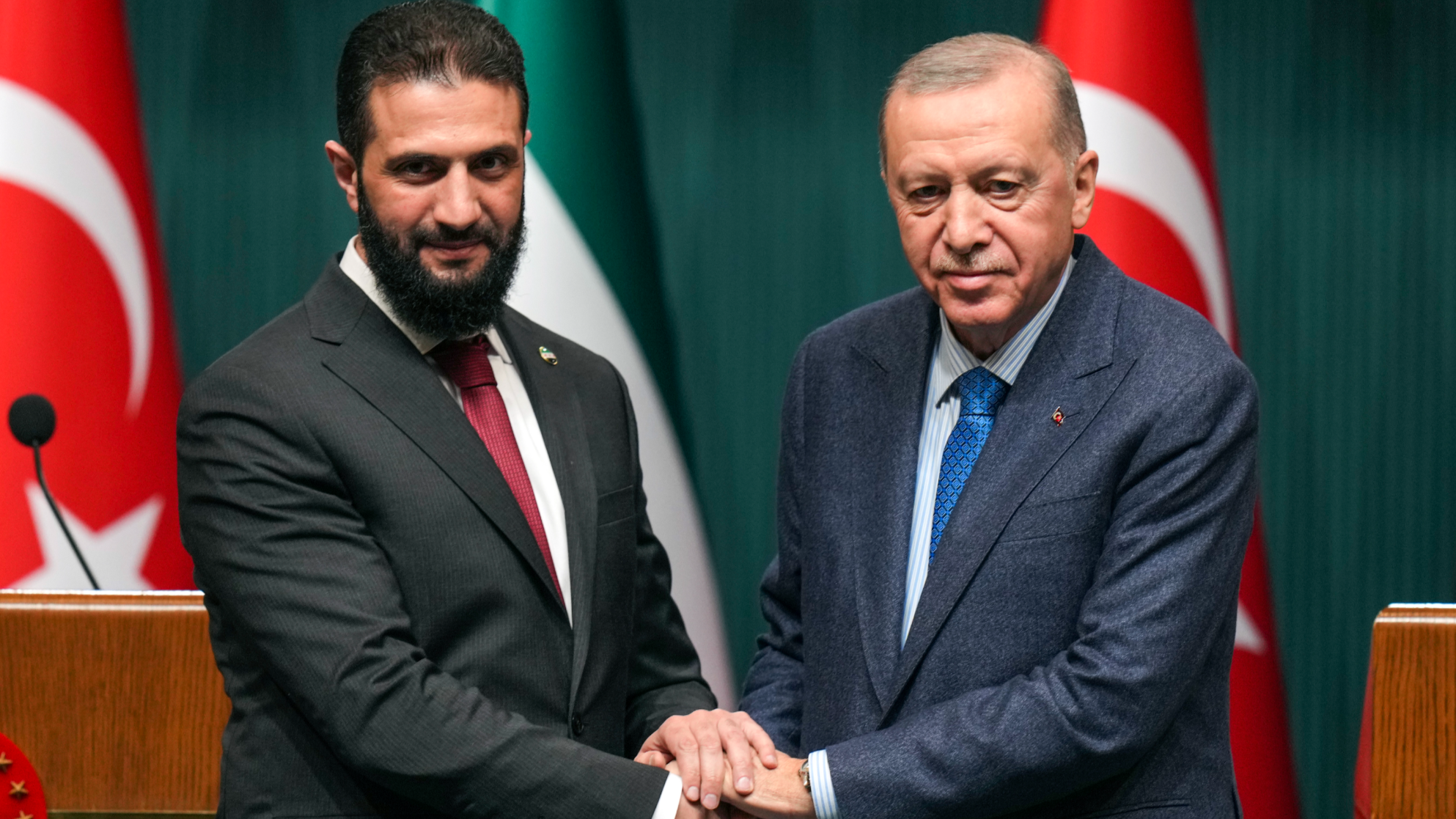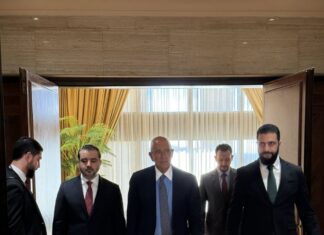
Turkey’s leadership continues its role in strengthening ties with post-Assad Syria, balancing humanitarian priorities with regional diplomacy. Turkish President Recep Tayyip Erdogan said Sunday, November 9, that 1.29 million Syrian refugees have “returned home from Turkey” since 2016, with the pace of return “increasing day by day,” according to Turkey’s Anadolu Agency. Erdogan noted that housing construction in northern Syria is ongoing, emphasizing that “the country’s unity and stability are strengthened” as returns continue.
The Turkish president called refugee policy one of the most politically charged topics in the country. He accused the opposition Republican People’s Party of exploiting the issue during the last elections, describing its campaign against refugees as “racist” and saying that its defeat reflected “the prayers of the oppressed.” Erdogan reiterated his government’s moral position, saying, “We are the Ansar (supporters) and they are the Muhajirun (immigrants). We will not expel the Muhajirun from our homes, and we will never do that.”
Turkish Interior Minister Ali Yerlikaya said earlier this month that 550,000 Syrians returned since December 2024, noting that voluntary returns gained momentum “after the political developments in Syria and the fall of the Assad regime on December 8, 2014.” Official figures show about 2.4 million Syrians remain in Turkey, down from 3.5 million at the height of the refugee crisis.
While Ankara presents the returns as a sign of progress, humanitarian groups warn of ongoing dangers inside Syria. The International Rescue Committee (IRC) said in September conditions remain “far from conducive to a large-scale, safe, dignified and sustainable return.” The IRC cited continuing instability, weak infrastructure, and limited access to food, water and healthcare as key challenges for returnees.
Sanctions Lifted, Relations Normalized
In a move signaling broader reintegration of Syria into the international community, Erdogan announced the end to the freeze on the assets of Syrian President Ahmad Sharaa and Interior Minister Anas Khattab, following a UN Security Council resolution adopted November 6. The Turkish Official Gazette reported the decision complied with Law No. 6415 on the prevention of financing terrorism.
The resolution, approved by 14 of 15 Security Council members, removed Sharaa and Khattab from sanctions lists originally imposed in 2013. The US, UK, and EU followed suit within days. Turkey’s Foreign Ministry welcomed the step, saying it “affirms Ankara’s determination to continue supporting the complete lifting of sanctions on Syria, facilitating its integration into the international community, and ensuring stability and sustainable development.”
Regional Shifts and Turkey’s Diplomatic Position
Turkey’s continued support for Syria’s transitional government reflects its longstanding backing of the Syrian revolution and opposition groups. Over the past decade, Ankara has worked to secure international recognition for Syrian opposition and revolutionary representatives and maintain border coordination during the conflict.
Now, with the war over and the Assad era behind, Turkey is positioning itself as both a guarantor of stability and a regional bridge between Syria and the wider world. As Erdogan said this week, “Politics needs vision. If vision is found, problems will be solved.”








